Spray foam insulation is one of the most innovative and effective solutions for insulating properties, offering exceptional performance and durability. However, recent negative press has caused concern among homeowners, particularly regarding mortgage refusals linked to spray foam insulation in lofts. Reports of a “spray foam insulation mortgage problem” have primarily arisen due to improper installation practices and misinformation about the product.
Despite some concerns, spray foam insulation remains an incredibly versatile and effective solution for tackling issues like condensation on windows and walls. It’s particularly well-suited for unmortgageable properties and unconventional abodes like garden sheds, vans, campers, yachts, office cabins, shipping containers, outbuildings, narrow boats, and barges.
At AB Building Products, we’re committed to addressing these concerns and showcasing why spray foam insulation is still an ideal choice for these applications. We also highlight high-quality products like the HoneyFoam 600 Insulation Spray Foam Kit, Penosil Easy Spray Foam, and Froth Pak to help you achieve reliable, long-lasting results.
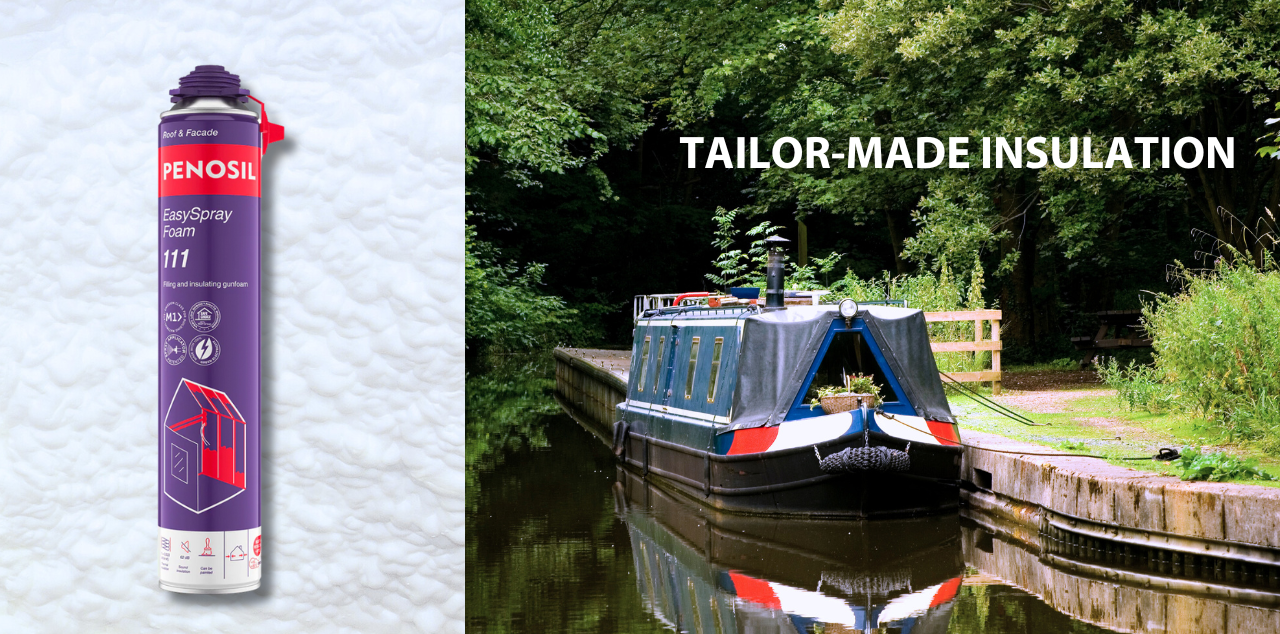
Acknowledging the Negative Press: Why Are Some Lenders Rejecting Homes with Spray Foam Insulation?
The media has focused heavily on issues surrounding spray foam insulation installed in lofts. These concerns have raised alarms among homeowners and lenders alike. In 2023, the PCA introduced an inspection protocol to aid surveyors and lenders in evaluating risks in pitched roofs.
The Mortgage Issue: What Are Lenders Worried About?
Some lenders are hesitant to approve mortgages for homes with spray foam insulation in attic spaces. The main reasons include:
- Obscured Roof Structures: Expanding foam for insulation can sometimes cover critical parts of a roof, making it harder for surveyors to assess its condition. Lenders like Lloyds, Nationwide, Barclays, the NatWest Group, and Santander stated they review applications individually and consider a valuer's report.
- Condensation Risks: When improperly installed, spray foam can contribute to condensation on inside of windows, condensation on walls, or even within the roof structure, potentially causing rot or mould.
- Lack of Education: Some lenders and surveyors are unfamiliar with advanced spray foam products and their proper installation methods, leading to misinformed decisions.
While these challenges have contributed to the “spray foam insulation mortgage problem,” it’s crucial to understand that these issues result from poor installation rather than the product itself.
Improper Installation: The Real Culprit
The majority of concerns around spray foam insulation stem from unqualified installers or insufficient preparation. Common issues include:
- Not verifying the roof is in good condition with no pre-existing leaks before installation.
- Blocking ventilation in the roof space, causing sweating in the roof and timbers, where heat rises from the home and has nowhere to escape.
- Applying too much foam, which adds unnecessary stress to roof timbers.
- Using substandard materials.
When installed correctly by professionals, using high-quality, closed-cell products like those recommended by AB Building Products, spray foam insulation performs exceptionally well and does not pose risks to property value or mortgage eligibility.
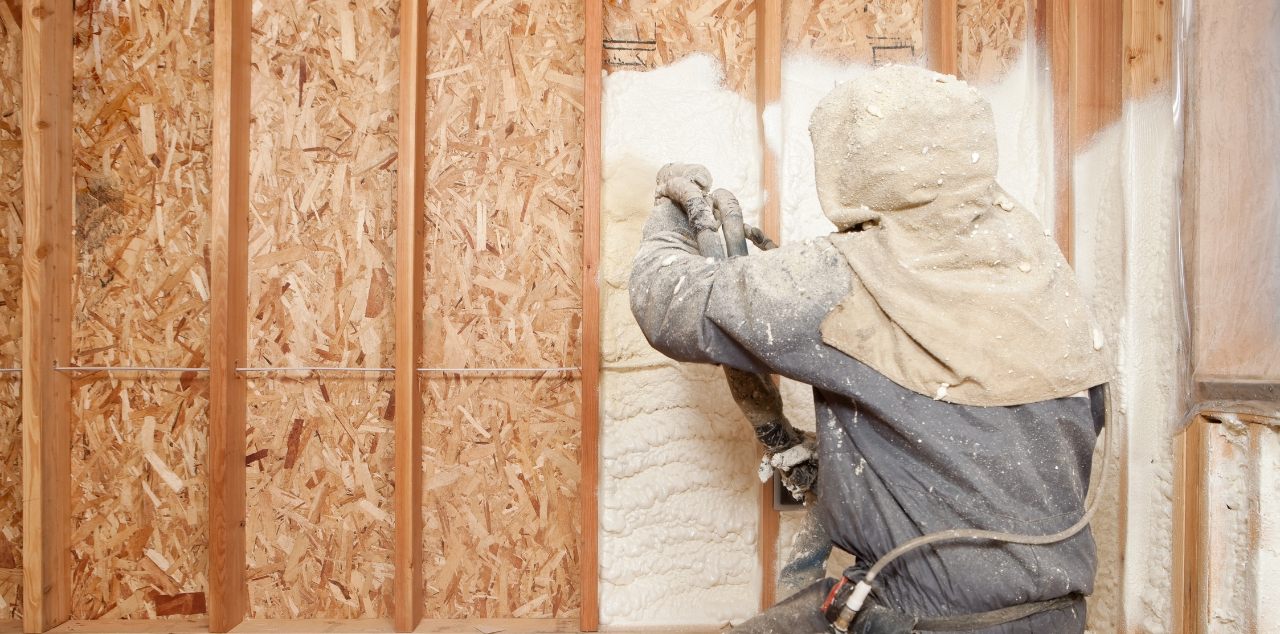
Why Spray Foam Is Ideal for Non-Standard Constructions and Abodes
Spray foam insulation, while facing challenges in traditional home settings, is an excellent solution for uninhabited structures and non-standard properties. Cash-purchase properties often excluded by lenders include Grade 1 listed buildings, restricted properties (e.g., agricultural ties), mobile homes, riverboats, properties with over 10 acres, certain flats, older or non-standard constructions, properties in high flood-risk areas, and those lacking essential facilities like a bathroom, internal WC, mains services, or a kitchen. These unique spaces often have specific insulation requirements that spray foam can meet effectively.
1. Outbuildings, Sheds, and Workshops: Insulating Versatile Spaces
Outbuildings and sheds often serve as workshops, studios, or storage spaces. Spray foam insulation, such as Froth Pak, is a perfect choice for these structures because it:
Shipping containers are increasingly repurposed as homes, offices, or storage units. However, their metal construction presents challenges like temperature extremes and condensation on inside of windows or walls. Spray foam insulation kits, such as the HoneyFoam 600 Insulation Spray Foam Kit, are ideal for:
- Protects Against Damp: Expanding foam for insulation acts as a moisture barrier, reducing condensation on inside of windows and walls.
- Fits Irregular Shapes: Spray foam can be applied to unusual structures or surfaces, providing comprehensive coverage and acoustic insulation, reducing noise pollution from working.
- Reduce Energy Costs: Spray foam insulation makes outbuildings usable in all seasons without expensive heating or cooling systems.
2. Vans and Campers: Enhancing Comfort for Mobile Homes
Van life and camper conversions are more popular than ever, but insulation is essential for creating liveable spaces. Spray foam insulation kits, like Penosil Easy Spray Foam, offer the following benefits:
- Lightweight Solution: Spray foam is lighter than traditional insulation materials, making it ideal for vehicles.
- Moisture Resistance: It prevents condensation on inside of windows and protects against dampness and mould.
- Custom Fit: The foam conforms to the curves and crevices of vans and campers, maximising insulation efficiency of both heat and sound.
3. Narrowboats and Barges: Insulating Life on the Water
Living on narrow boats and barges requires careful attention to insulation due to constant exposure to moisture. Spray foam insulation is the go-to solution because it:
- Prevents Condensation: The airtight seal stops moisture from forming on walls or ceilings.
- Protects Against Water Damage: Closed-cell spray foam prevents water ingress, ensuring the boat remains dry and structurally sound.
- Offers Longevity: A properly insulated boat will maintain its comfort and energy efficiency for years.
4. Metal Structures: Overcoming the Challenges of Steel and Aluminium
Metal structures like garages, barns, and warehouses benefit greatly from spray foam insulation. Products like the HoneyFoam 600 Insulation Spray Foam Kit provide:
- Thermal Regulation: Metal buildings often experience temperature extremes, which spray foam can mitigate.
- Condensation Prevention: The foam creates a moisture barrier, preventing condensation on walls and ceilings that can lead to rust or corrosion.
5. Shipping Containers: Turning Steel Boxes into Comfortable Spaces
Shipping containers are increasingly repurposed as homes, offices, or storage units. However, their metal construction presents challenges like temperature extremes and condensation inside windows or walls. Spray foam insulation kits, like Izotup 600 Spray Foam Kit are ideal for:
- Temperature Control: Closed-cell spray foam creates a thermal barrier stabilising the interior temperature, keeping it comfortable year-round.
- Condensation Prevention: The foam seals every gap and prevents moisture infiltration, eliminating condensation on walls and other surfaces.
- Long-Lasting Results: The durability of spray foam ensures the insulation lasts for decades without sagging or deterioration.
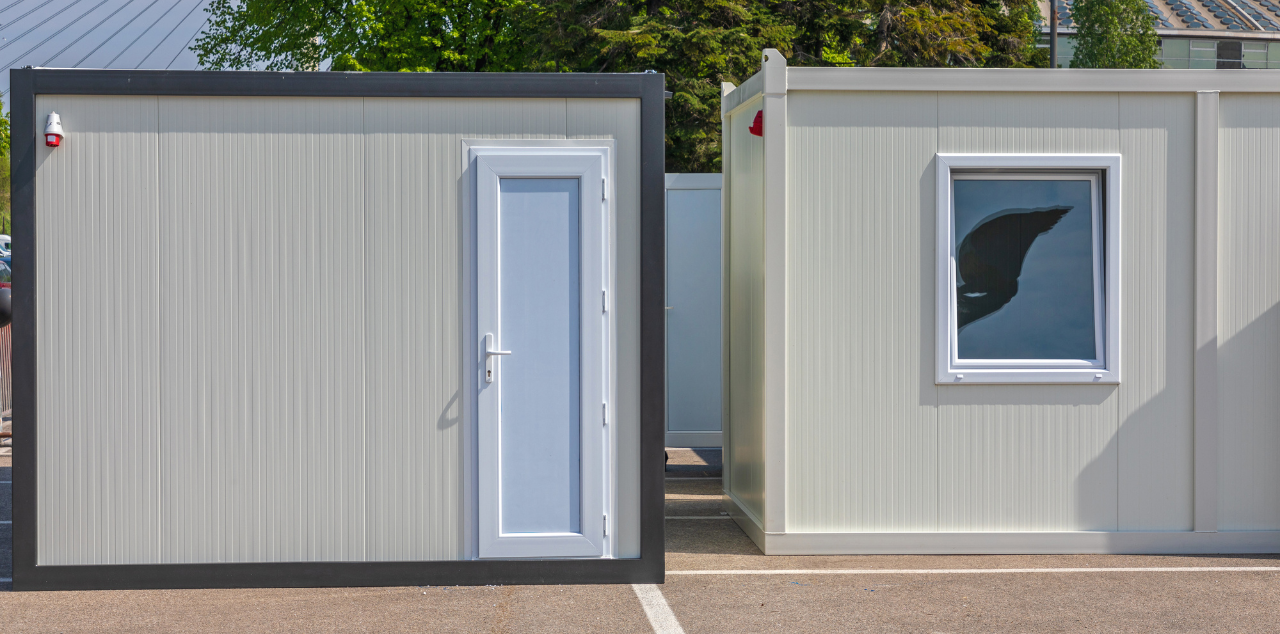
The Benefits of Spray Foam for Unmortgageable Properties
What sets spray foam insulation apart? Here are the key benefits that we emphasise here at AB Building Products:
1. Airtight Seal for Superior Protection
Spray foam expands to fill every gap, creating an airtight seal that eliminates drafts, prevents condensation on walls, and keeps out moisture.
2. Energy Efficiency for Alternative Energy Sources
unmortgageable properties often rely on off-grid energy systems like solar panels or portable generators. Spray foam reduces energy demands, making these systems more efficient.
3. Lightweight, Durable Insulation
Unlike bulky fibreglass or traditional insulation, spray foam is lightweight and doesn’t sag or degrade over time. Once closed cell spray foam has set, it is completely rigid.
4. Moisture Resistance
Spray foam acts as a moisture barrier, preventing issues like condensation on inside of windows or walls and protecting against rot or mould.
5. Long-Term Cost Savings
While the upfront cost of spray foam insulation kits like Froth Pak or Izotup may seem higher, the long-term benefits, including energy savings and durability, make it a cost-effective investment.
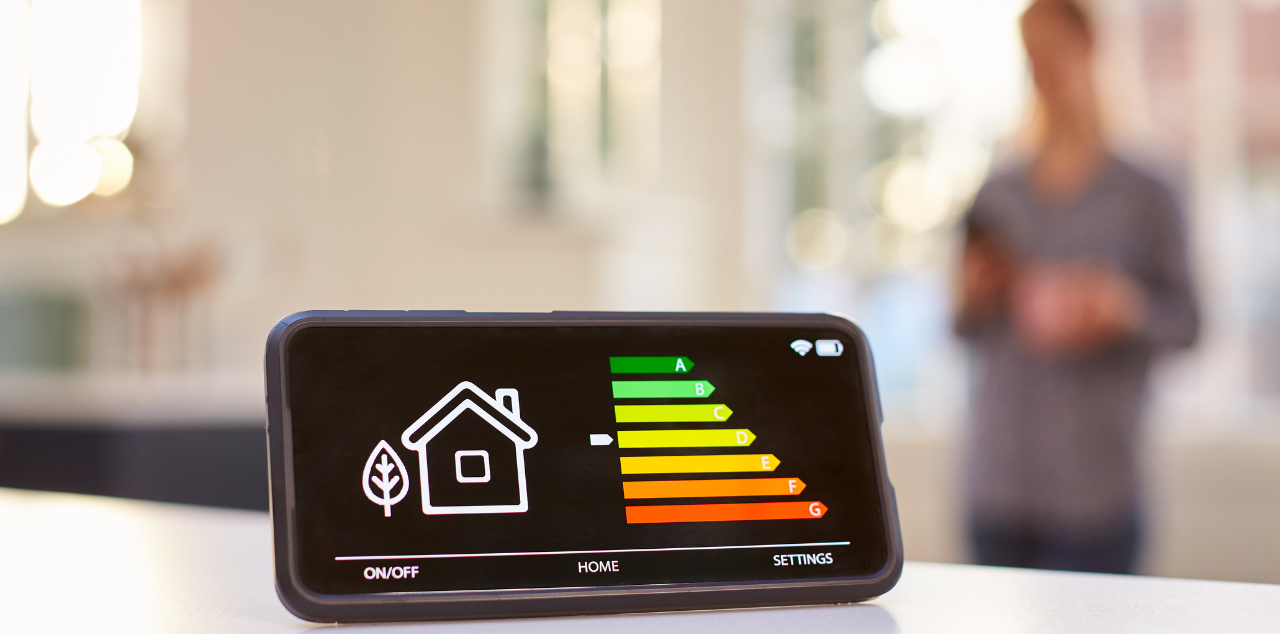
Best Practices for Spray Foam Installation in Unmortgageable Properties
To ensure success when insulating unmortgageable properties, follow these guidelines:
- Use High-Quality Products: Choose trusted brands like HoneyFoam 600 Insulation Spray Foam Kit, Froth Pak or Izotupfor reliable results.
- Hire Qualified Installers: Work with professionals like those recommended by reputable sources, such as Checkatrade, who understand the unique requirements of spray foam installation. Alternatively, take the short course offered by DuPont to become qualified yourself.
- Ensure Proper Preparation: Before applying spray foam, address ventilation and surface preparation. Please check the technical specification sheet for approximate yields and ensure the tanks are at the optimal temperature before use.
- Document the Process: Even for unmortgageable properties, thorough documentation can help demonstrate compliance with safety standards.
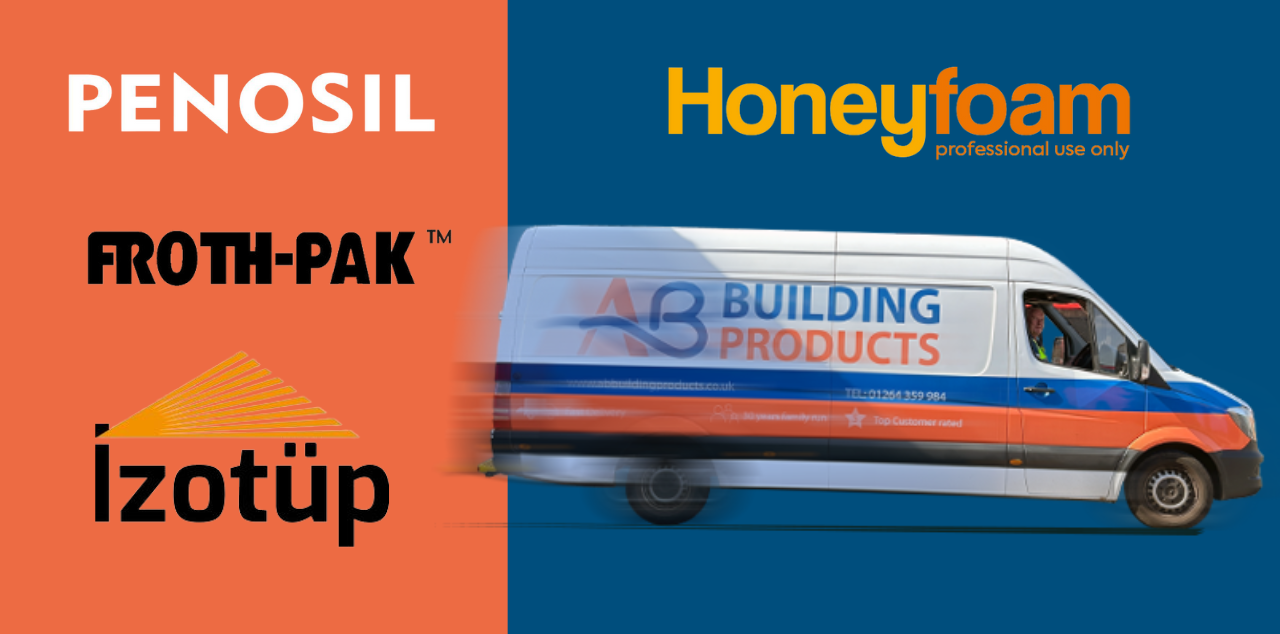
Addressing Common Misconceptions About Spray Foam Insulation
Despite its advantages, spray foam insulation is often misunderstood, leading to consumers searching for spray foam alternatives. Let’s clarify some common myths:
“Spray Foam Always Causes Condensation”
Truth: Condensation issues arise only when spray foam is improperly installed. High-quality products and correct installation prevent condensation on inside of windows, walls, and other surfaces.
“Spray foam isn’t as thick as fibreglass batts, so it can’t insulate as well.”
Truth: In reality, spray foam requires much less material to provide the same level of insulation as multiple fibreglass batts. This is because spray foam expands to fill gaps and crevices more effectively than other types of insulation.
“Spray Foam Is Only for Traditional Homes”
Truth: Spray foam is ideal for unconventional spaces like shipping containers, vans, and narrow boats, offering solutions where traditional insulation fails to reach hard-to-reach gaps and angles.
“Spray Foam Is Too Expensive”
Truth: While a spray foam insulation kit may initially cost more, the long-term savings and durability outweigh the investment.
Why Spray Foam Insulation Is the Perfect Choice for Unmortgageable Properties
When installed correctly, spray foam insulation is an unparalleled solution for non-standard constructions and abodes such as shipping containers, outbuildings, vans, and narrow boats. It prevents condensation on walls, eliminates drafts, and provides energy-efficient, durable insulation for years.
At AB Building Products, we are proud to offer high-quality spray foam products like HoneyFoam 600 Insulation Spray Foam Kit, Izotup, Froth Pak, and Penosil Easy Spray Foam to meet your insulation needs. Choosing the right products and ensuring proper installation can transform unconventional spaces into comfortable, energy-efficient environments.
